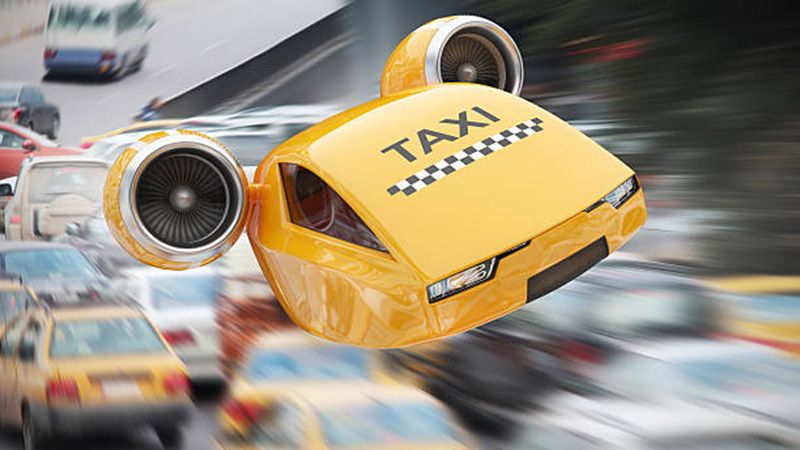
It’s a bird! It’s a plane! It’s…grandma in a taxi?
Flying cars have held our interest from the time Chitty Chitty Bang Bang sputtered into the air, right through to the soaring futuristic cabs in the science fiction movie The Fifth Element. They’ve always had a futuristic Jetson type feel that was hard to imagine in our real world.
Imagine no more, as Boeing and other companies have pledged hundreds of millions towards the anticipated 2028 US FAA approval of electric air taxis which could lead to approval by Canadian authorities. Archer Aviation and Joby Aviation have 2025 as their target launch date. Boeing originally debuted their electric air taxi, the Wisk Aero, in OCT 2023, as their research and development continues. Dubai could have flying taxis in the air as early as the fall of 2025.
But are Canadians ready to trust flying cars and drones to deliver their goods, and themselves?
"Air taxis, long hyped as the next giant leap in short-haul passenger transport, are coming closer to being a public reality - even as skepticism lingers over their ability to change commuter behaviour and emissions output." the Globe and Mail reports.
Technology columnist Marc Saltzman says we have a long way to go.
“In Canada, we don’t even have autonomous (self-driving) cars yet. They have to come first, then airborne delivery drones, and then flying cars."
"There’s a huge disconnect between what is technically possible and what is legally allowed”, he added.
A recent Leger study found that "Canadians feel both 'optimism and concern' over the prospect of flying cars and drones whizzing between remote communities and above city blocks.” the Globe said.
“Despite limited knowledge of the futuristic transport mode, respondents liked advanced air mobility’s potential for search and rescue, firefighting, medical use and other critical services, the survey showed. Comfort with those three uses of the technology in urban areas hovered at around 80 per cent. Surveying, inspections – of power lines, for example – and cargo shipment also had overwhelming support. Only transport of people, rather than things, notched below 50% in favour.” the Globe said.
Concerns about safety, privacy, environmental footprint and general technology readiness top the list, with more than half of those surveyed raising the issue of safety. Part of what is driving the optimism towards flying cars is simply what we’re facing on the ground, according to Saltzman. “Horrendous traffic in cities like Toronto, combined with public transit issues are creating a condition where it is rush hour all the time.” Flying above it all has huge appeal, he says.
Boeing’s pledge of $240 million CAD which will help fund research to the Wisk Aero along with other aviation companies, signifies that the industry is ready to move forward. Just maybe not as quickly as potential “Uber Air” passengers would like.






